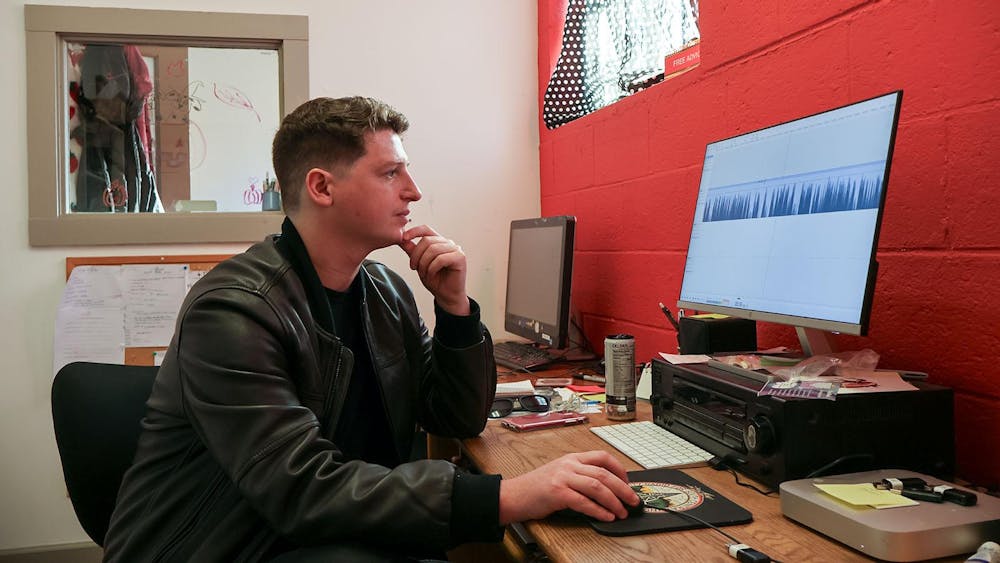On that second Monday in October in the first grade, I remember pasting crudely cut construction-paper ships onto a blue background. I recall carefully labeling them with a black marker, too fat for my small hand: Niña, Pinta, Santa María.
The day held special significance but not just because it was a holiday. My hometown was named for that celebrated explorer: Columbus.
Caught up my own new discoveries that day, my 6 year-old self could not comprehend that Christopher Columbus’s arrival signified not a discovery, but an invasion, of what is now the Americas.
I envisioned maps with blank, open spaces and uninhabited lands. I imagined Columbus taking the first step onto the empty Santo Domingo shore in a triumphant scene, analogous to Neil Armstrong’s first step onto the moon.
But as we discover later on in history classes, there were people there. Although those first footprints on the sandy shores of Santo Domingo have long since been washed away, the imprint that Columbus’s arrival left on the indigenous people living there can never be erased.
That small step for man set off a chain of empires and diasporas and cultural conflicts.
It initiated centuries of exploitative and oppressive governance by Western European nations, which led only to bloody battles for eventual independence.
Even in today’s postcolonial Americas, the legacy of Columbus’s arrival lives on. The indigenous peoples of the Americas still fight to protect their culture and way of life.
Their lands and customs are constantly threatened by legislation and the recent Dakota Access Pipeline project is just one example.
Indigenous groups face socioeconomic insecurity as a result of such instability, as well as marginalization in education and employment.
Language endangerment stems from increasing pressure to learn mega-languages like Spanish, English or Mandarin for commerce; younger generations of indigenous groups are becoming less likely to learn their people’s native language.
Culture and language are inextricably linked, and the gradual extinction of indigenous languages represents yet another encroachment on indigenous cultures and language diversity.
While the arrival in the Americas was a historically significant event, naming a town after Columbus or celebrating a holiday in his honor is questionable. Yet, much to my dismay, I found that my Google calendar would not allow me to delete this unwanted observance.
To make matters worse, I received a few flyers for Columbus Day sales at department stores, which miss the point in a typical consumer-culture way.
When I reconsider the matter, though, I think I do want to observe Columbus Day — not in honor of the explorer and his conquest, but out of respect for the indigenous peoples that the arrival affected.
Several cities and states, notably Vermont, have replaced Columbus Day with their own observances of Indigenous Peoples’ Day, and I think this alternative celebration should be more widely adopted across the United States.
Such a day can be a time to reconsider our actions moving forward. We can work on ways to protect indigenous cultures by respecting their land rights, combating discrimination and translating documents into indigenous languages.
Maybe we can even rethink the crafts we do in our first grade classes to make them just a little more historically accurate.
kmilvert@indiana.edu





